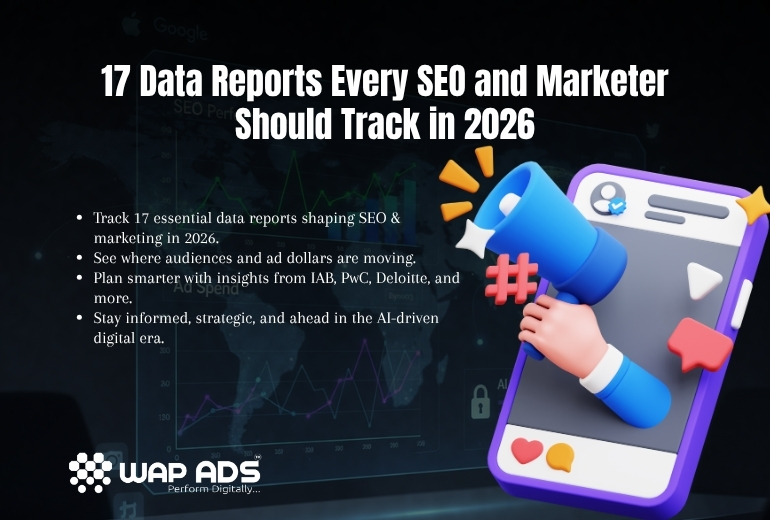1. Increase Brand Awareness
Digital marketing helps businesses reach a large and targeted audience through platforms like search engines, social media, and websites. The more visibility a brand gains online, the more likely it is to be recognized and trusted by potential customers.
2. Generate Leads and Drive Sales
By using strategies like SEO, paid ads, and email campaigns, businesses can attract potential customers and guide them through the buying journey — from awareness to conversion.
3. Target the Right Audience
Unlike traditional marketing, digital marketing allows businesses to target specific demographics, interests, locations, and behaviors. This ensures marketing efforts are focused and effective.
4. Build Customer Relationships
Digital platforms provide tools to engage with customers directly through social media, live chats, and personalized emails. This two-way communication helps build loyalty and long-term relationships.
5. Track and Measure Results
Digital marketing provides measurable data in real time. Businesses can monitor performance metrics like website traffic, click-through rates, and conversions, and adjust strategies accordingly to improve ROI.
6. Cost-Effective Marketing
Compared to traditional media, digital marketing is more affordable and offers better targeting. Businesses, especially small and medium-sized enterprises, can get results without spending a fortune.
7. Stay Competitive
Most consumers begin their buying journey online. Businesses that invest in digital marketing remain visible, relevant, and competitive in their industry.
The purpose of digital marketing in business goes beyond just promotion — it’s about building a strong digital presence, connecting with the right audience, and achieving sustainable growth. In today’s digital world, having a smart, data-driven marketing strategy is no longer optional — it’s essential.






